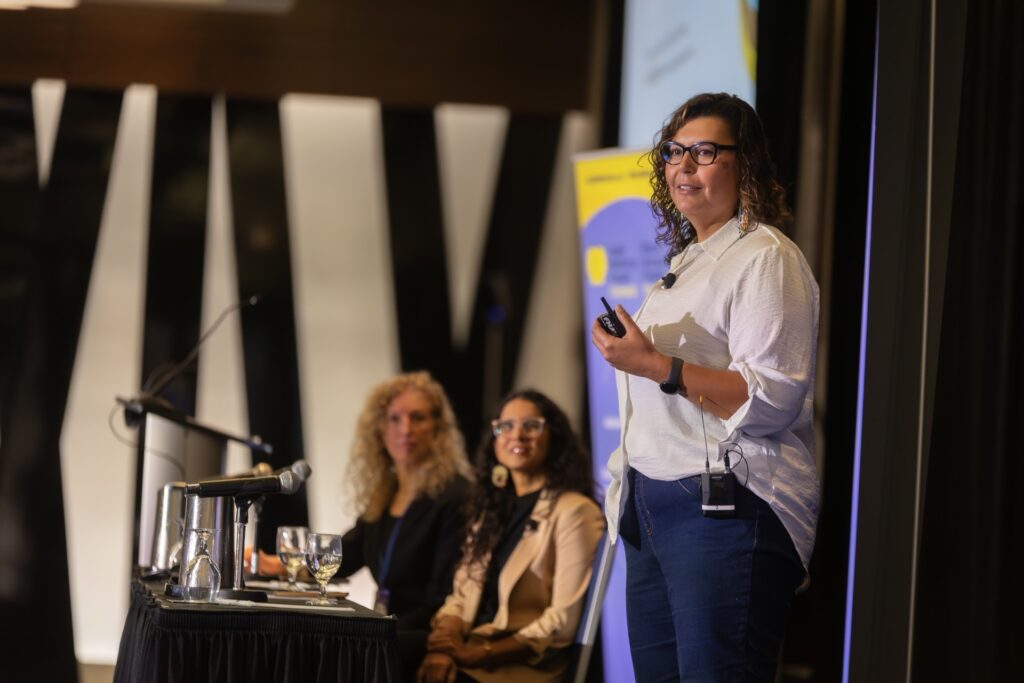Manitoba is taking steps to combat racism in health care through cultural safety training for medical faculty members of the health workforce. At our Health Workforce Canada Connects symposium, Dr. Marcia Anderson shared insights into the problem and ideas for addressing it.
Dr. Anderson practices internal medicine and serves as Vice-Dean, Indigenous Health, Social Justice and Anti-Racism in the Rady Faculty of Health Science, University of Manitoba. She is also a member of Health Workforce Canada’s board.
The Problem:
· 56% of Indigenous, Black and racialized people surveyed said they had directly experienced racism in the past year in a racial climate survey in Manitoba, according to Manitoba’s Racial Climate Survey
· 88% of Black nurses in Ontario have reported experiencing racism and discrimination.
What is cultural safety?
Cultural safety is an outcome based on respectful engagement that recognizes and strives to address power imbalances inherent in the health care system. It results in an environment free of racism and discrimination, where people feel safe when receiving health care. – First Nations Health Authority
A lack of cultural safety can affect care delivery by health workers. People who experience racism at work are at a higher risk for mental health issues and burnout. Racist attitudes drive some people out of health care entirely.
What you can do to improve cultural safety:
Systemic issues require a multi-pronged approach, and no one action will make a meaningful difference.
Here are some steps to consider:
· Enforce cultural safety principles through training provided to faculty, the next generation of health care providers, as well as members of the health workforce
· Include anti-racism and cultural safety competencies in job descriptions for faculty members, especially for leadership roles
· Include feedback on cultural safety competencies in performance reviews
· Provide group leadership and coaching sessions to support leaders in taking action on anti-racism and social justice
· Train and make available coach facilitators who can help health workers develop individualized action plans to promote cultural safety among their teams
· Embed restorative justice into policies and processes, aiming to repair the harm done
· Provide restorative leadership training and restorative circle facilitator training to keep a safe space while assisting communication between participants during the restorative justice process
· Use tools such as the Fearless Organization Scan to anonymously assess how psychologically safe people on your teams feel and to help determine solutions.

